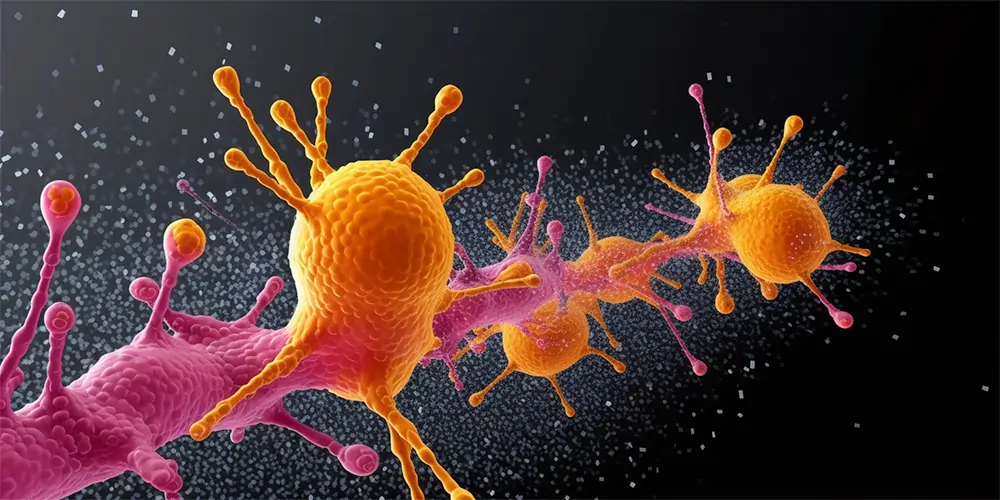In a pivotal move that underscores Brussels’ commitment to shaping the future of AI, EU lawmakers have agreed upon a rigorous set of regulations pertaining to the use of AI technology, including restrictions on generative AI models like ChatGPT.
This development forms part of the world’s most restrictive regime on the progress of the technology, a step that is both bold and necessary.
The AI Act: A Global First
The AI Act, lauded as the first legislation of its kind worldwide, promises to guide the global narrative on AI towards a human-centric, trustworthy, and safe approach.
Dragoș Tudorache, an MEP who spearheaded the development of the proposals, stated that the agreed text had been one of the most negotiated in the parliament’s history, with over 1,000 amendments.
Innovation and Regulation
The lawmakers’ firm stance on AI comes amid mounting concerns about potential abuses of the rapidly developing technology.
AI systems with unacceptable risk levels to public safety, including those that exploit individuals’ vulnerabilities or employ manipulative techniques, are strictly prohibited under the new laws.
This includes a complete ban on almost all facial recognition for citizen surveillance.
The proposed legislation also demands developers of generative AI models like ChatGPT to disclose AI-generated content and publish summaries of copyrighted data used for training.
These measures seek to ensure creators are fairly compensated for the use of their work.
However, lawmakers have shown a deep understanding of balancing regulation with promoting innovation.
Recognising the transformative impact AI holds for societies and economies, the AI Act has been designed to support AI innovation in Europe, and to provide legal certainty to businesses and stimulate innovation.
To this end, exemptions for research activities and AI components provided under open-source licenses have been included in the new laws.
Strict Measures, Tough Negotiations
The negotiations over the AI Act have been fierce and long-standing, with debates lasting nearly two years.
The resolution sets the stage for a series of protracted discussions among EU member states, the European Commission, and the European Parliament.
Brando Benifei, an MEP involved in the proposal development, acknowledged that the restrictions on real-time biometrics would necessitate “tough” negotiations.
Discussions will likely revolve around whether live facial recognition is acceptable under limited circumstances, such as during a terror threat.
However, Benifei expressed optimism that member states would support the parliament’s proposals to legislate on generative AI models.
Ensuring Transparency and Ethical Practices
A noteworthy aspect of the AI Act is its emphasis on ensuring AI systems are overseen by people, are safe, transparent, traceable, non-discriminatory, and environmentally friendly.
The lawmakers have advocated for a uniform definition of technology-neutral AI, enabling the rules to apply to both current and future AI systems.
As we move closer to the first rules on Artificial Intelligence, the EU stands as a beacon, demonstrating that it is possible to embrace technological advancement while preserving human rights and ensuring ethical practices.
Looking Ahead
The AI Act represents an essential step towards recognising the potential and challenges of AI, setting the European way for dealing with the extraordinary changes already underway.
However, before negotiations on the final form of the law can commence, this draft negotiating mandate needs to be endorsed by the entire Parliament.
The rules are expected to be endorsed in the June session, after which negotiations on the law’s final form will begin with other EU institutions.
In the era of rapid technological advancements, the EU’s move to enact the world’s first comprehensive AI Act sends a powerful message.
The global community will undoubtedly be watching closely as the EU leads the way in this uncharted territory.




